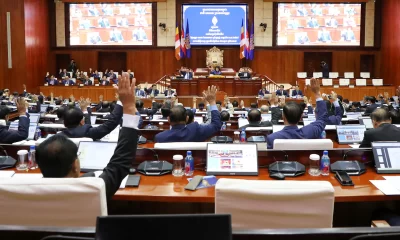News
Hunger and Poverty fuelling Insecurity in Nigeria – NSA, CDS
The National Security Adviser (NSA), Nuhu Ribadu, said hunger and poverty fuel insecurity across the country.
Ribadu gave a speech on Monday, June 23, at the National Security Seminar, which was organised by the Alumni Association of the National Defence College (AANDEC) in Abuja.
The NSA, represented by the Director of Defence Affairs Office of the National Security Adviser (ONSA), Major General Peter Mala, said;
” Hunger and poverty are not merely social concerns; they are catalysts for insecurity, crime, violence, and social disintegration. These issues form a vicious cycle — poverty leads to insecurity, and insecurity, in turn, deepens poverty.”
He said to provide a permanent solution, the leadership of President Bola Ahmed Tinubu, has prioritized agricultural reforms, social investment programmes, and security sector interventions aimed at breaking this cycle.
Ribadu said the Office of the National Security Adviser (ONSA), has continued to coordinate both kinetic and non-kinetic efforts across the armed forces, intelligence services, security agencies, and relevant government and non-governmental actors.
“Despite the progress made, issues like unemployment, hunger, and youth disenfranchisement remain persistent and require deeper, long-term solutions,”.
The Chief of Defence Staff (CDS), Gen. Christopher Musa, also reiterated that hunger and poverty were no longer mere social challenges but have become national security threats.
The CDS, represented by the Chief of Defence Training, Rear Adm, Ibrahim Shetimma, said
“Insecurity today is not only defined by weapons but also by economic deprivation, food insecurity, and social dislocation.
Hunger and poverty are no longer mere social challenges – they have become national security threats. The North Central region, particularly Benue State once considered Nigeria’s food basket is a clear example of how banditry, displacement, and farmer-herder conflicts have devastated agricultural productivity.’’
Musa noted that the disruption of farming communities and illegal occupation of farmlands contributed to food inflation, displacement, and mass migration, thereby destabilising both the economy and national cohesion.
He called on communities to deny criminals and terrorists sanctuary by supporting intelligence gathering, timely reporting, and community vigilance.























